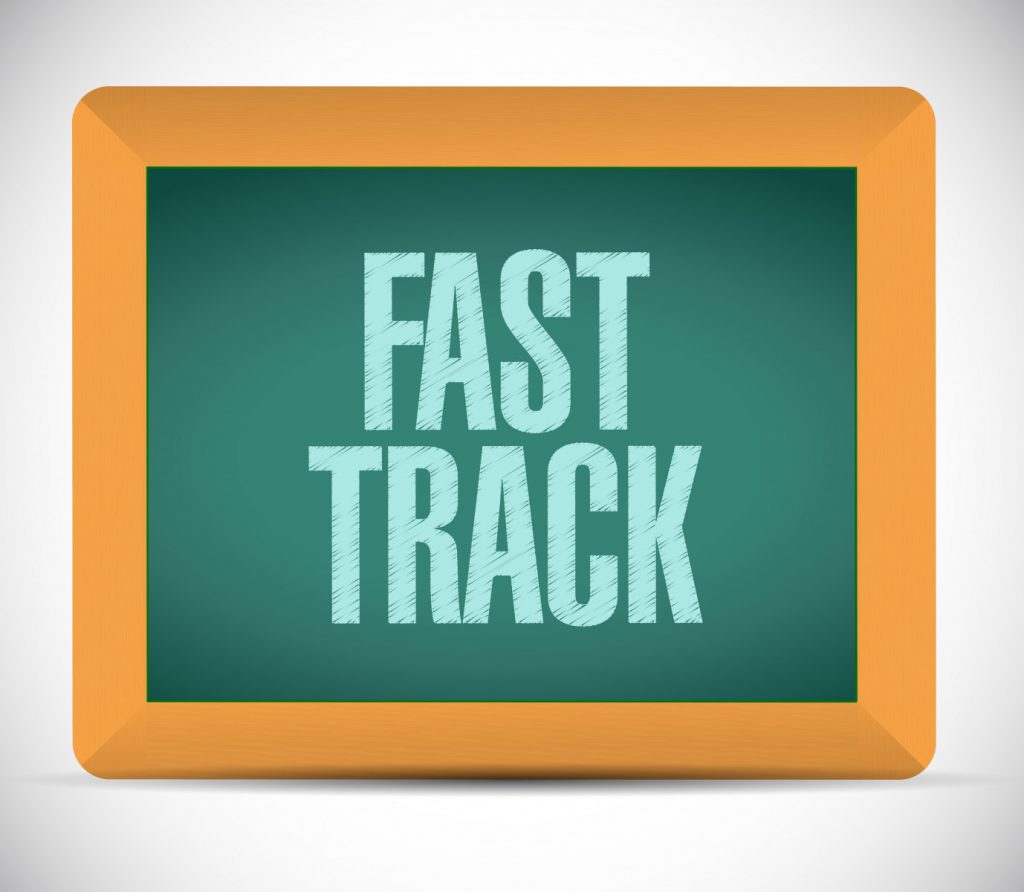FDA Grants Fast Track Designation to ‘Off-the-shelf’ CAR T-cell Therapy

The U.S. Food and Drug Administration has granted fast track designation to PBCAR269A, Precision BioSciences‘ donor-derived CAR T-cell therapy for the treatment of relapsed or refractory multiple myeloma.
Fast track status is meant to facilitate the development, and accelerate the review, of new medications that aim to treat serious conditions and fill an unmet medical need. Medications given this designation are eligible for a series of benefits, including the potential for accelerated approval and priority review.
This designation follows the FDA’s naming of PBCAR269A — a potential “off-the-shelf” therapy for hard-to-treat myeloma — as an orphan drug, which also provides a range of incentives to accelerate the treatment’s development.
“Fast Track Designation will help us expedite our allogeneic CAR T cell therapy program aimed to address the unmet medical need among patients with relapsed/refractory multiple myeloma,” Chris Heery, MD, chief medical officer of Precision BioSciences, said in a press release.
CAR T-cell therapy is a type of immunotherapy in which researchers collect T-cells — immune cells with anti-cancer activity — and engineer them to recognize and eliminate cancer cells.
Traditional CAR T-cell products are made using a patient’s own immune cells. They have shown great promise for several cancers, but the limited number of cells that can be collected constitutes a major obstacle.
PBCAR269A is an allogeneic, or donor-derived CAR T-cell therapy that uses T-cells from healthy donors, allowing for the production of an “off-the-shelf” treatment that may potentially be used in numerous patients. Moreover, a donor-derived CAR T-cell therapy could reduce the costs of the treatment.
The T-cells in PBCAR269A are engineered to produce a man-made chimeric antigen receptor, or CAR, that helps them recognize and kill cells containing the B-cell maturation antigen — a protein found at high levels on the surface of multiple myeloma cells.
The company uses a new, proprietary genetic engineering technique — called the ARCUS system — that reduces the risk of graft-versus-host disease, a potentially life-threatening reaction to allogeneic therapy, in which the donor’s immune system attacks the patient’s cells and organs.
PBCAR269A is being investigated in a Phase 1/2a trial (NCT04171843) for people with relapsed or refractory (resistant) myeloma who failed to respond to two prior therapies, including an immunomodulatory agent and a proteasome inhibitor.
The trial is expected to recruit 48 patients at five clinical sites in the U.S. So far, only two sites — the City of Hope, in California, and the Columbia University Irving Medical Center, in New York — are open for enrollment. More information on contacts and locations is available here.
In a first part, participants will receive a single infusion of ascending PBCAR269A doses. The goal is to determine the optimal dose for additional testing.
Before infusion with PBCAR269A, all patients will receive a chemotherapy regimen to kill white blood cells and reduce the risk of an immune attack against the therapy.
After establishing the optimal dose in Phase 1 of the trial, additional patients will be enrolled in the Phase 2a part to continue assessing the therapy’s safety and efficacy.
“We look forward to working more closely with the FDA as we continue to investigate PBCAR269A as a potential new treatment option that can be more broadly available to patients who otherwise may be ineligible or unable to access existing autologous CAR T therapies,” Heery said.



